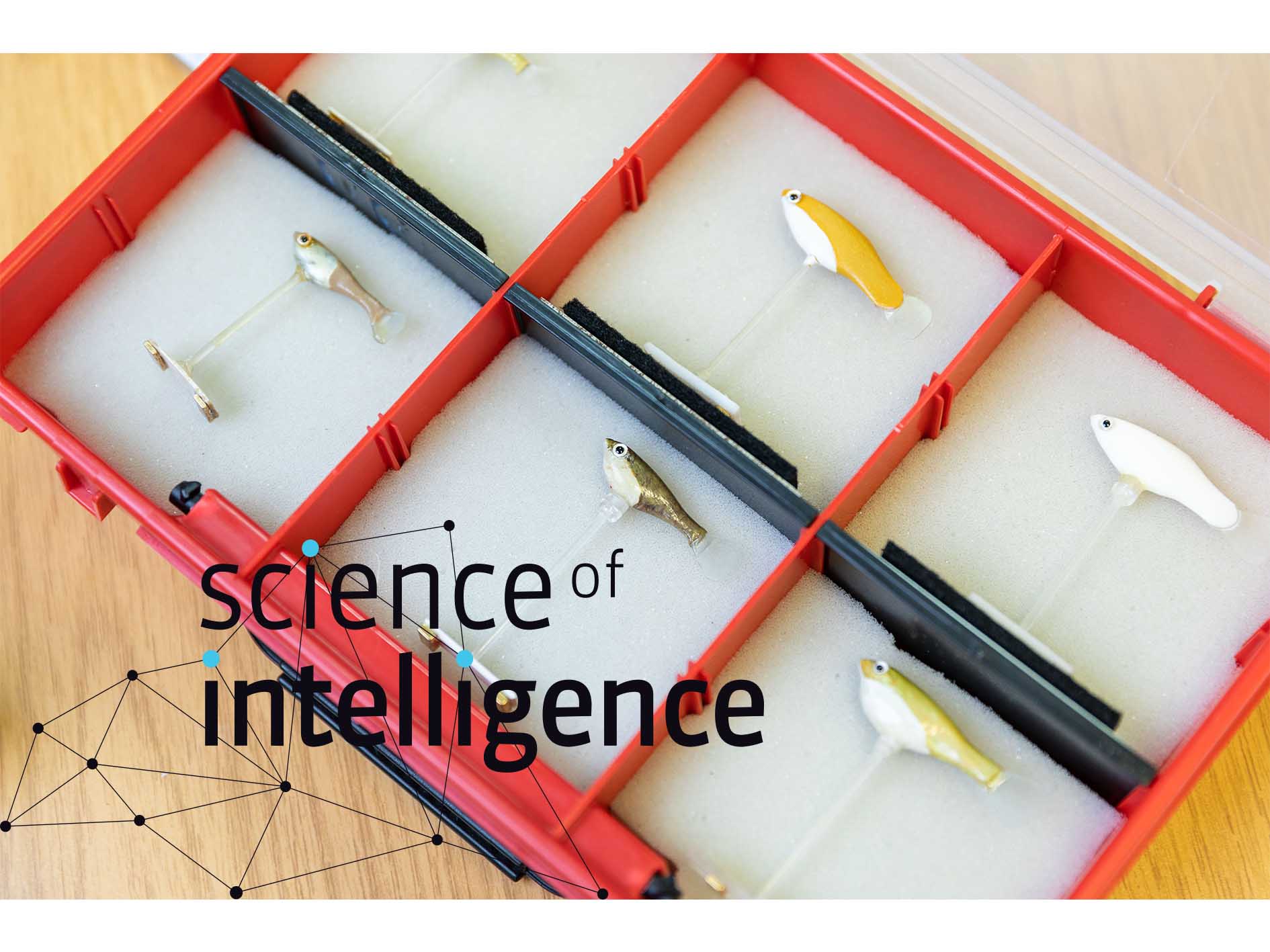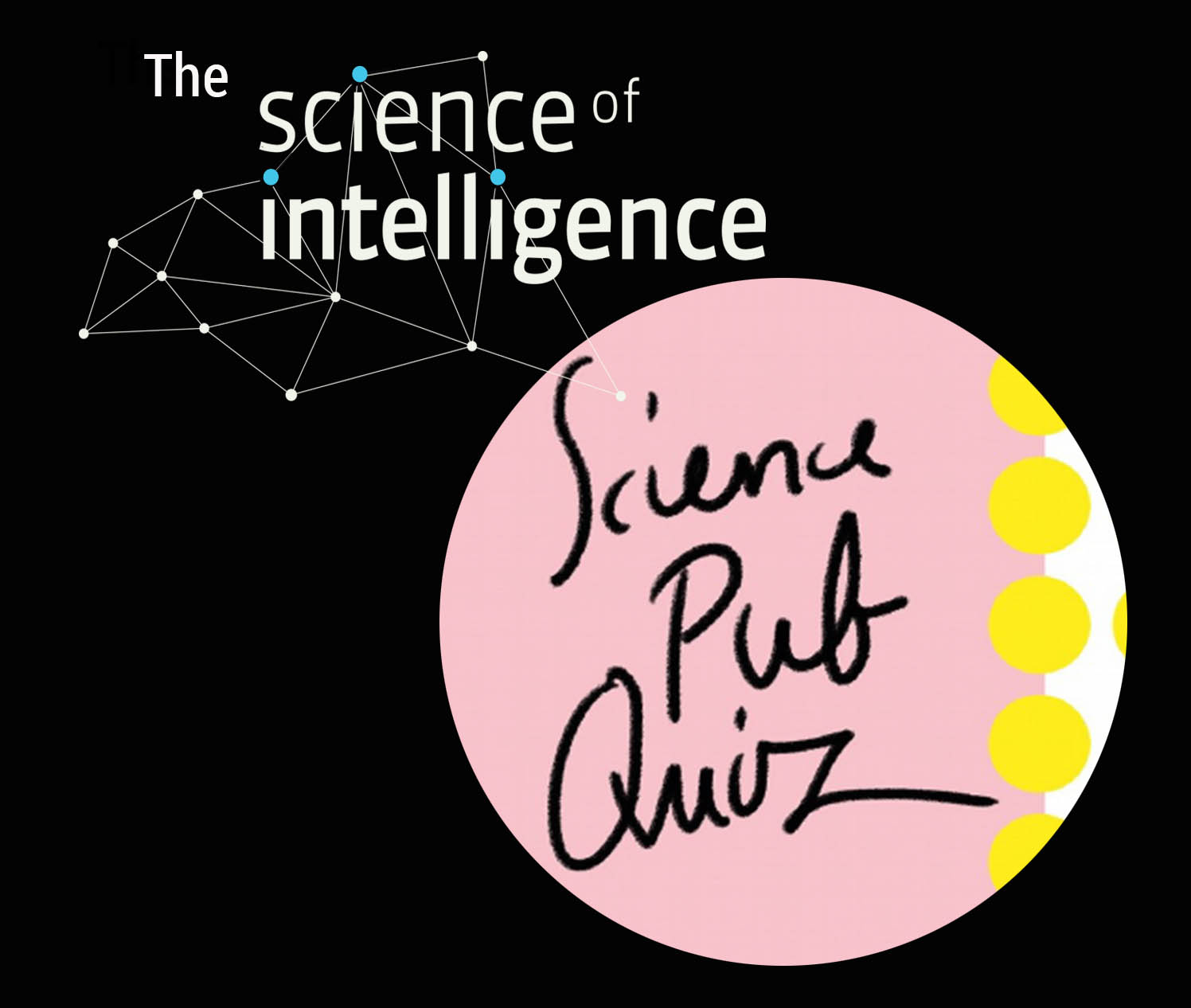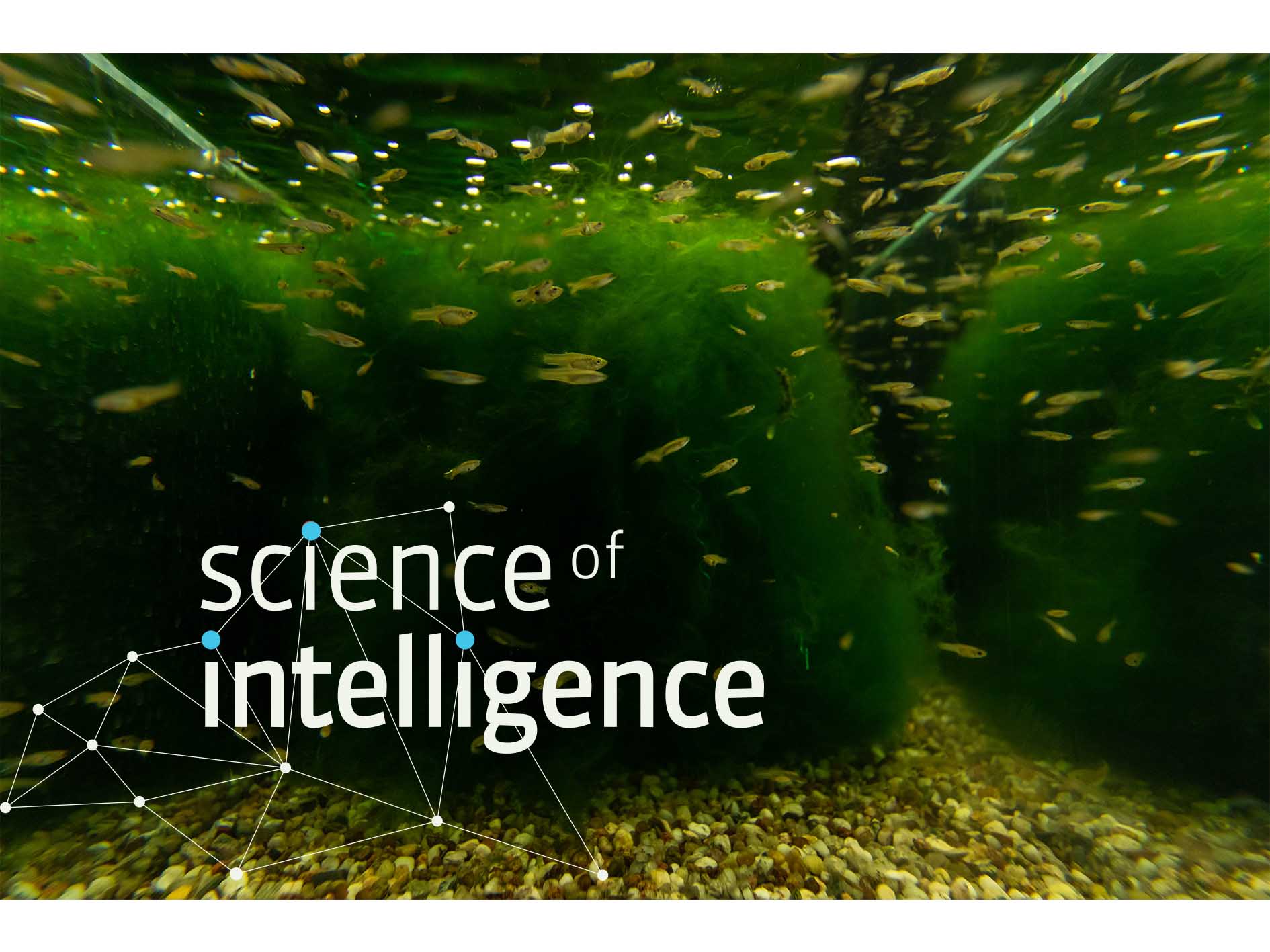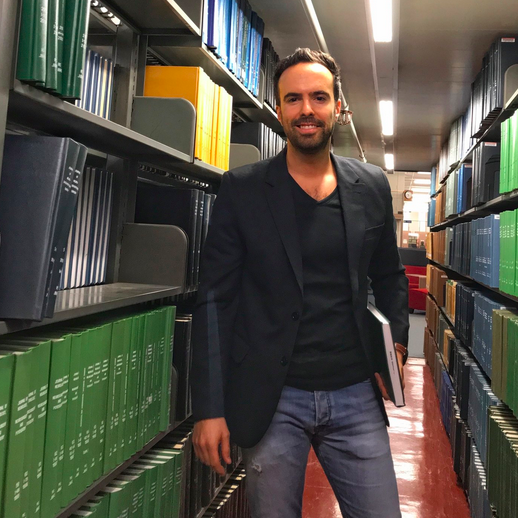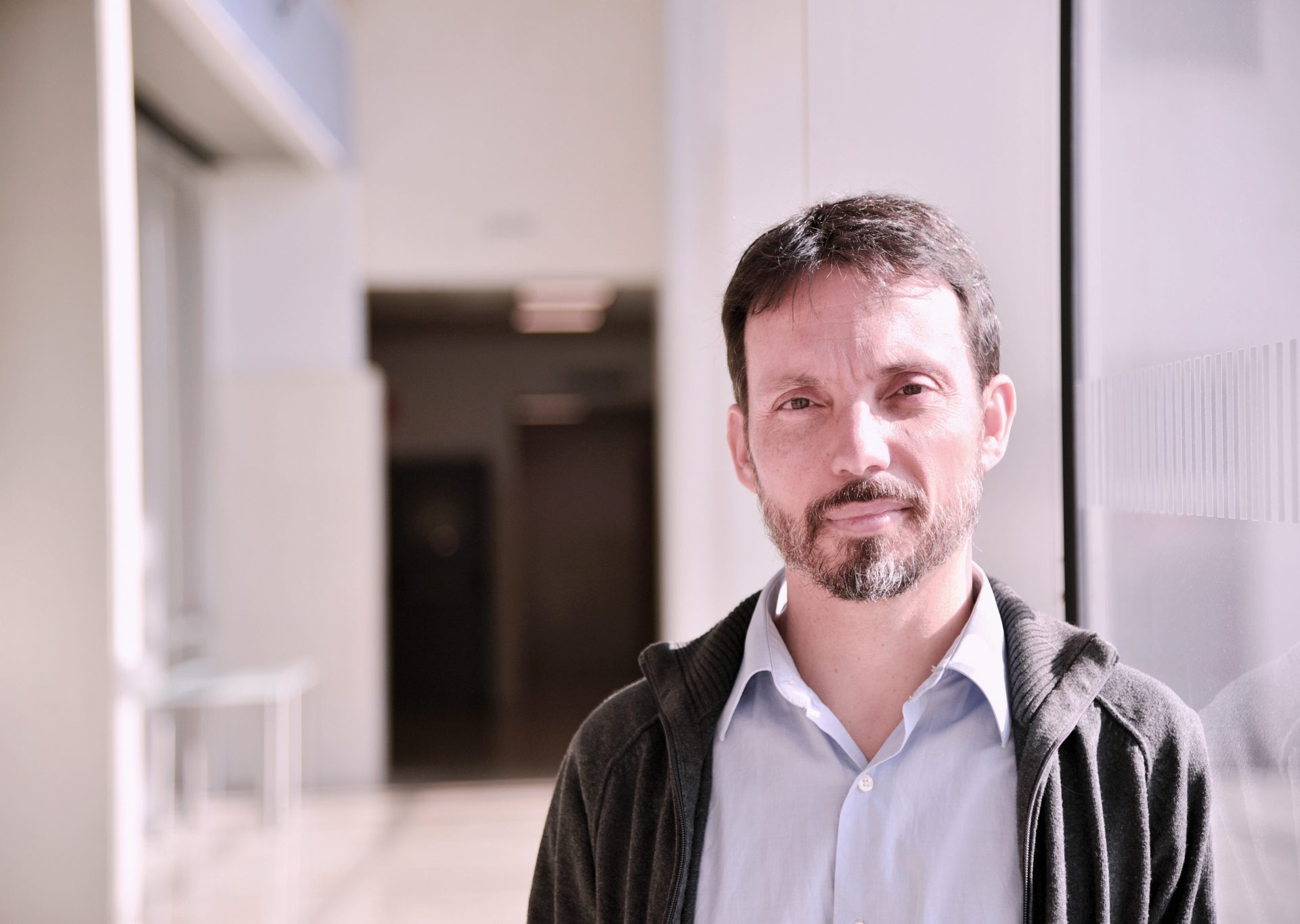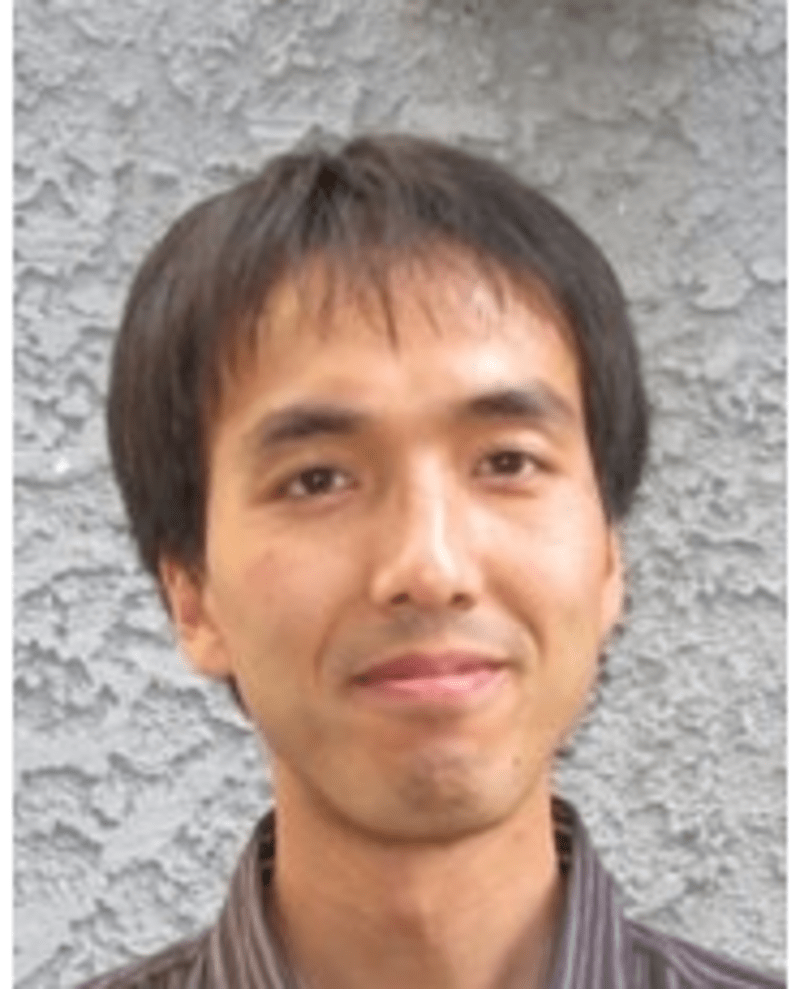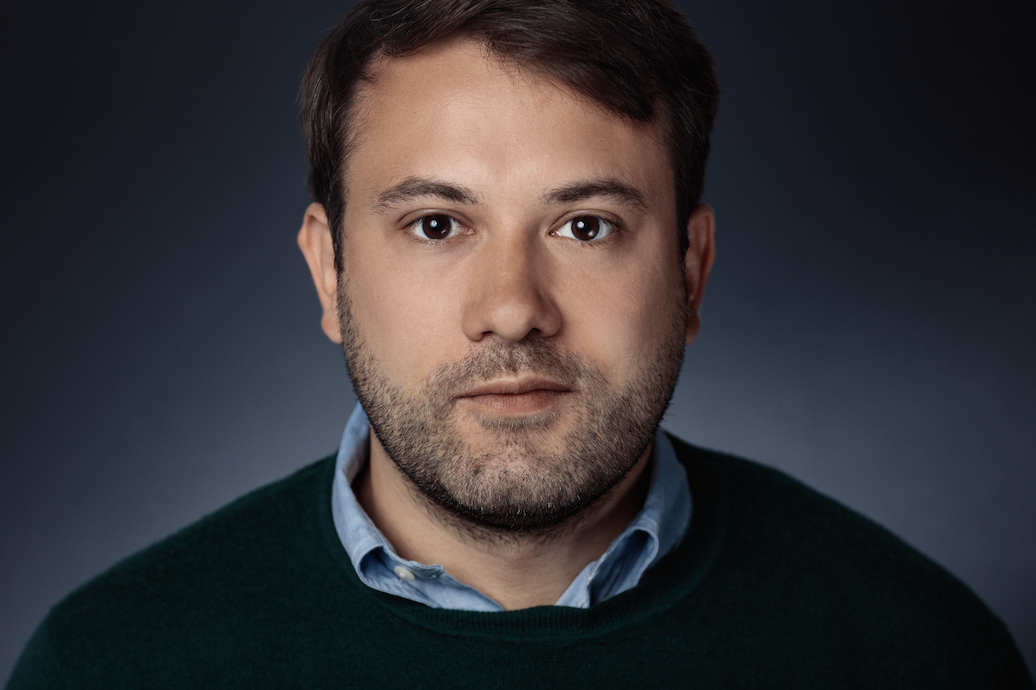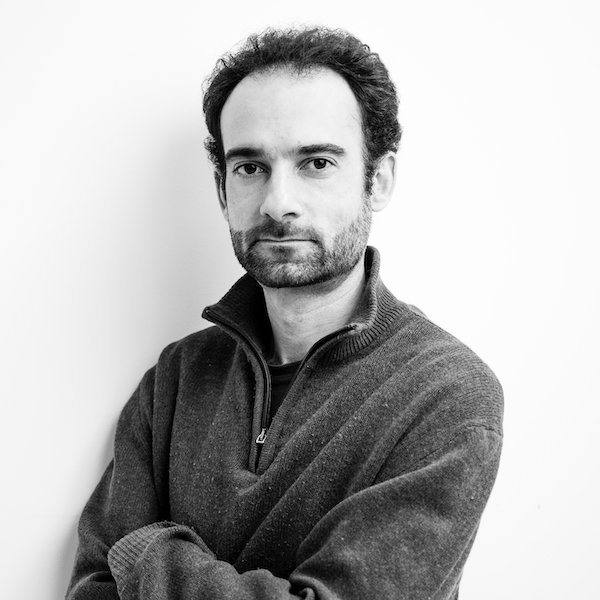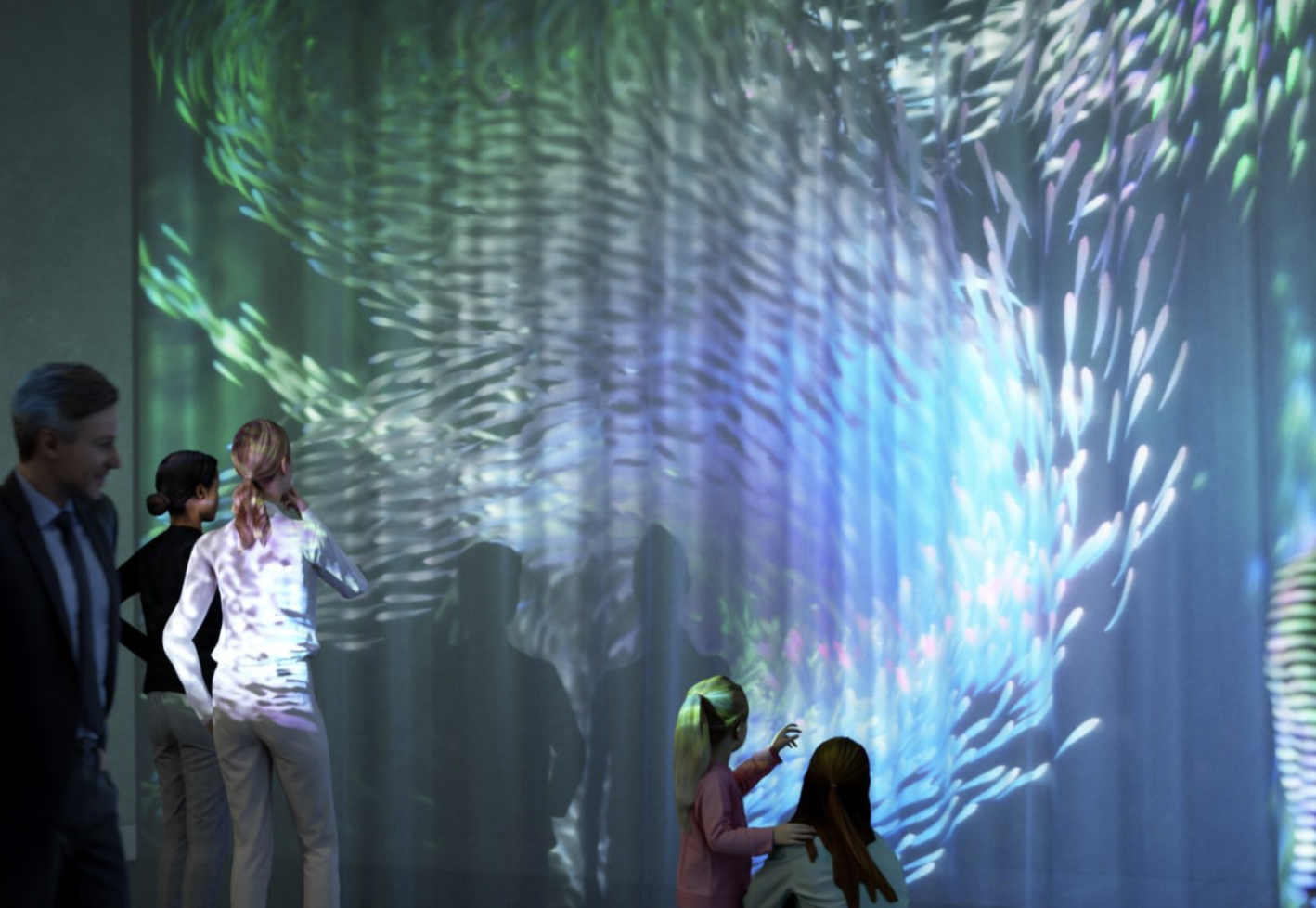LNDW 2021: David Bierbach, “ROBOFISH: Mit einem Fischroboter das Schwarmverhalten verstehen”
ROBOFISH: Mit einem Fischroboter das Schwarmverhalten verstehen (in German, at 6:30pm and at 9:30pm) Um das Gruppenverhalten von Fischen zu studieren, haben wir unter Beteiligung der FU, HU und TU sowie des Leibniz-Instituts für Gewässerökologie und Binnenfischerei (IGB) einen Roboterfisch gebaut. Dieser ist einem Guppy nachempfunden und wird von lebenden Guppys als Artgenosse akzeptiert. Mit
